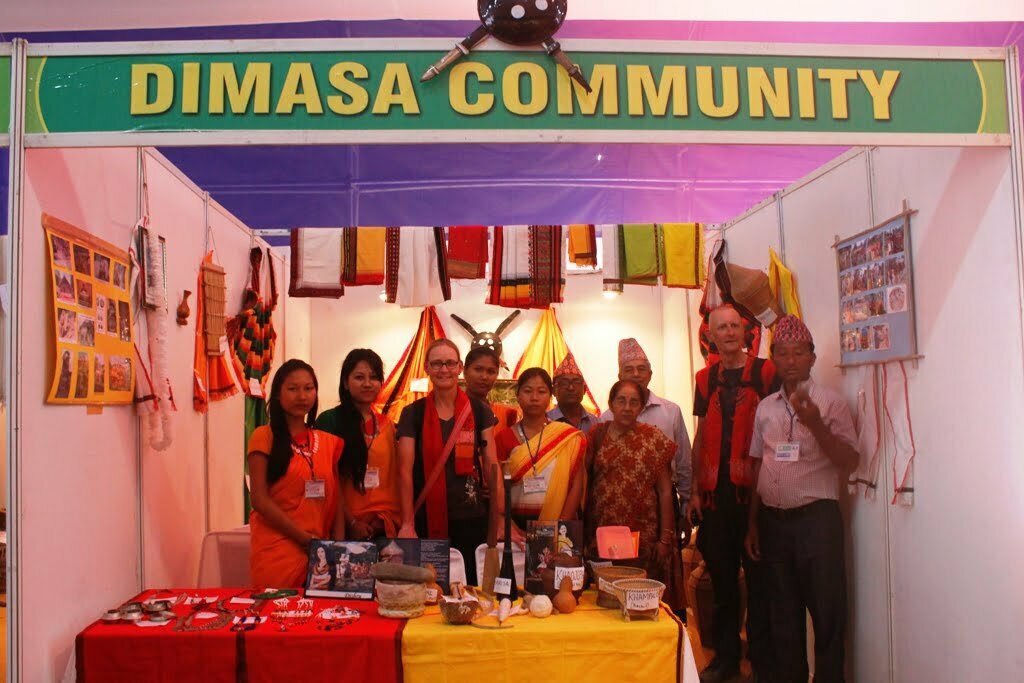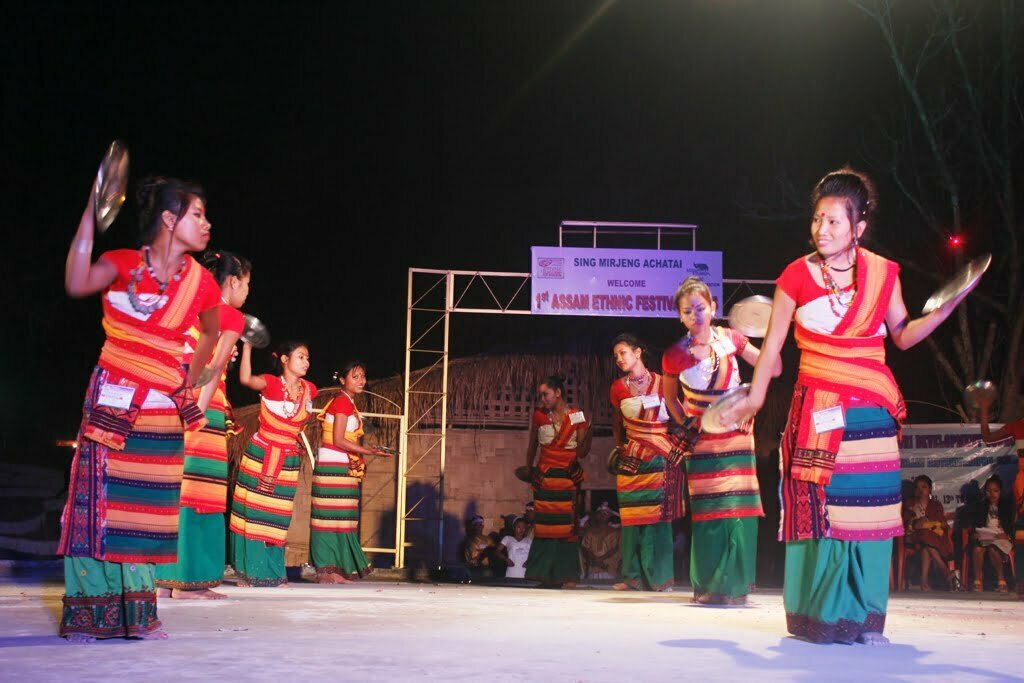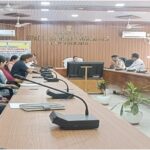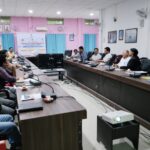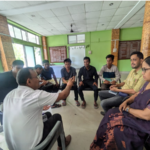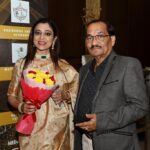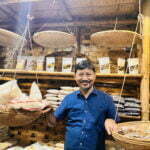Saibal Krishna Sharma
Recently there has been a growing debate about the originality of Assamese. The Government of Assam has no particular definition for Assamese. It is no surprise that one cannot put forward a rigid description of Assamese as it is not a particular race, religion or caste but a community as a whole. According to Dr Dhrubojyoti Bora, President of Axom Sahitya Sabha, the definition of Assamese should include all residents of the State who speak Assamese as their mother tongue or either their second and third language, irrespective of the places of their origin. Assamese is a communion of various ethnic groups irrespective of caste, creed and religion having a common language, sharing a common ideology, working for the common good of Assam.
An exemplified instance of this multi-ethnicity of the State was well observed in the 1st Assam Ethnic Festival held at Taralangso, near Diphu in Karbi Anglong district of Assam. A three day cultural extravaganza held from 13th March to 15th March 2015 was organized by Karbi Anglong District Administration, Karbi Anglong Autonomous Council and Karbi Cultural Society along with the sponsorship of The Department of Tourism, Government of Assam. A sprawling 800 acres plus land, marked with beautiful hillocks and vegetation, Taralangso, has the largest festive ground of Asia. All indigenous communities living in Assam, tribal or non-tribal, big or small in number are invited to take part in the Festival. They are given spaces of 120/150 sq.ft under one big hall to exhibit their unique art, artefacts, clothes, traditions and their proud history.
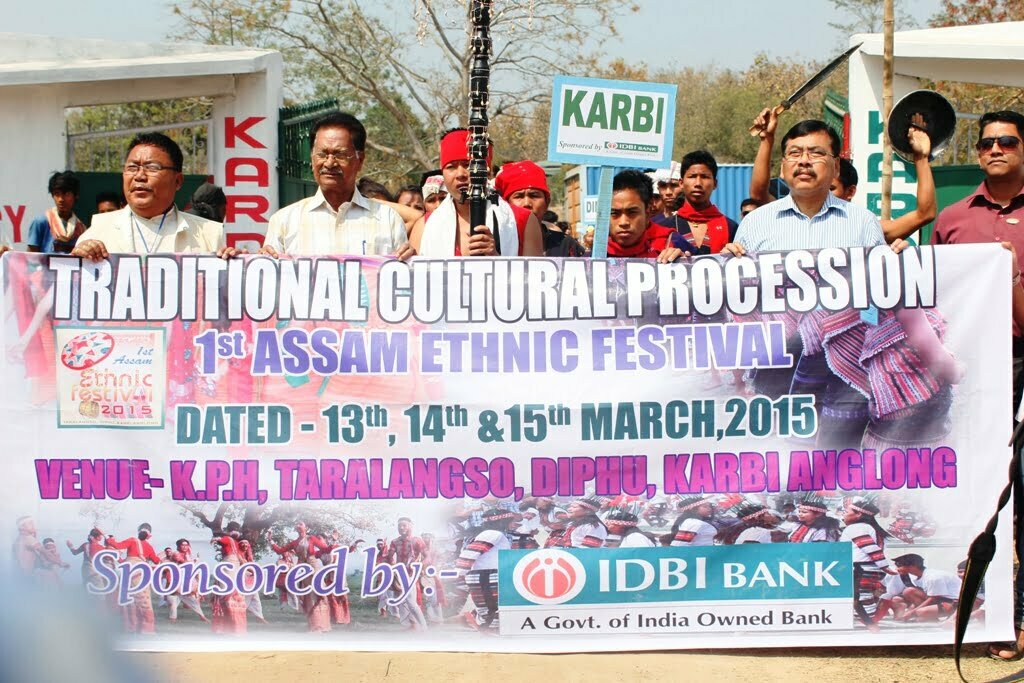
Participants representing various tribes and communities showcased their folk songs and dance and it was a colourful event not to say the least about the bonhomie environment. The Student Council of Assam University, Diphu campus, organized panel discussions and interaction. The District Information and Public Relations officer, organized a photography competition on the theme of ‘ethnic life of Assam’.
MGK Bhanu, Principal Secretary, Government of Assam released the Lammet Amung, a book containing Karbi folk stories, essays, verses and paintings. There was also a video documentary on Chomankan Karbi ritual of death. Well known Padmashree Rongbong Terang and eminent inventor of machinery and equipment Uddhav Bharali was facilitated by the organizers of the ethnic festival. Apart from them, Jadav Payeng, Samar Hazarika, etc. were some notable personalities who graced the event.
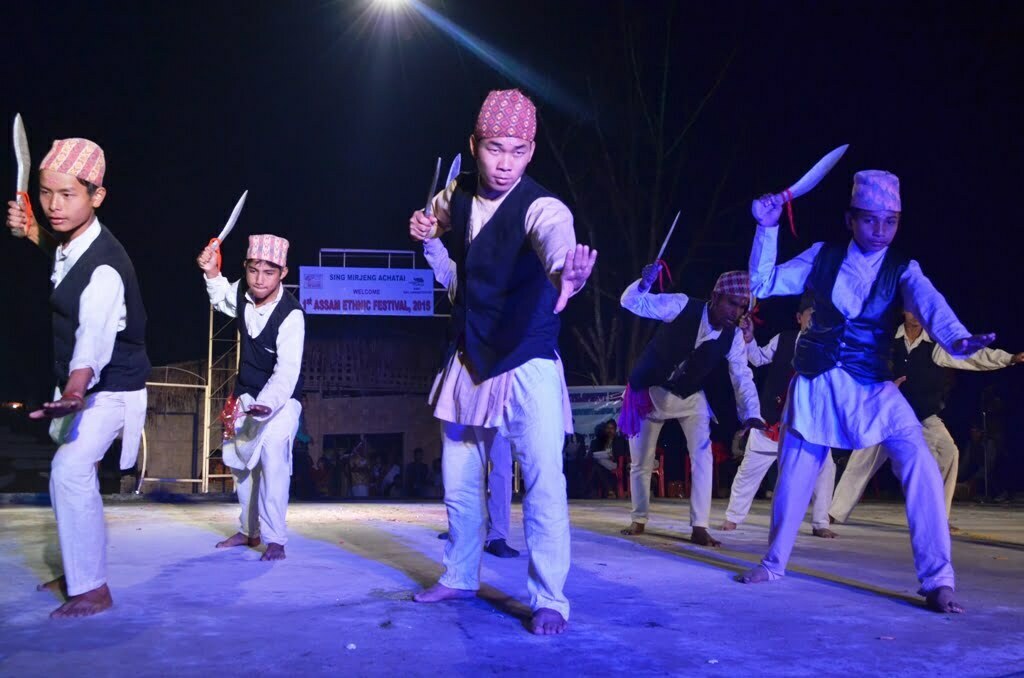
The concluding day was remarkable. A cultural procession of all participating communities in their time-honoured clothing was held at the slope of Taralangso village where the epicentre of Karbi art and culture has been shaped up meticulously. In the magnificent backdrop of a flowered space the ‘Best of Ethnic Dress Fashion Show’ and ‘Best of Miss and Mister Ethnic Assam 2015’ contests transcended the audience into another constellation.
Assam Ethnic Festival aims at bringing the colourful cultural attributes of Assam out in‐front of the world. The festival from here on will not only be a converging point annually for the communities but also will be a learning experience for all about each other, thereby, propagating the message of unity in diversity. As long as these ethnic tribes communicate and work together for the upliftment of their culture, as well as, Assam as a whole, one need not worry about defining the term ‘Assamese’. After all a combination of all these ethnic groups behold the identity of Assam.
